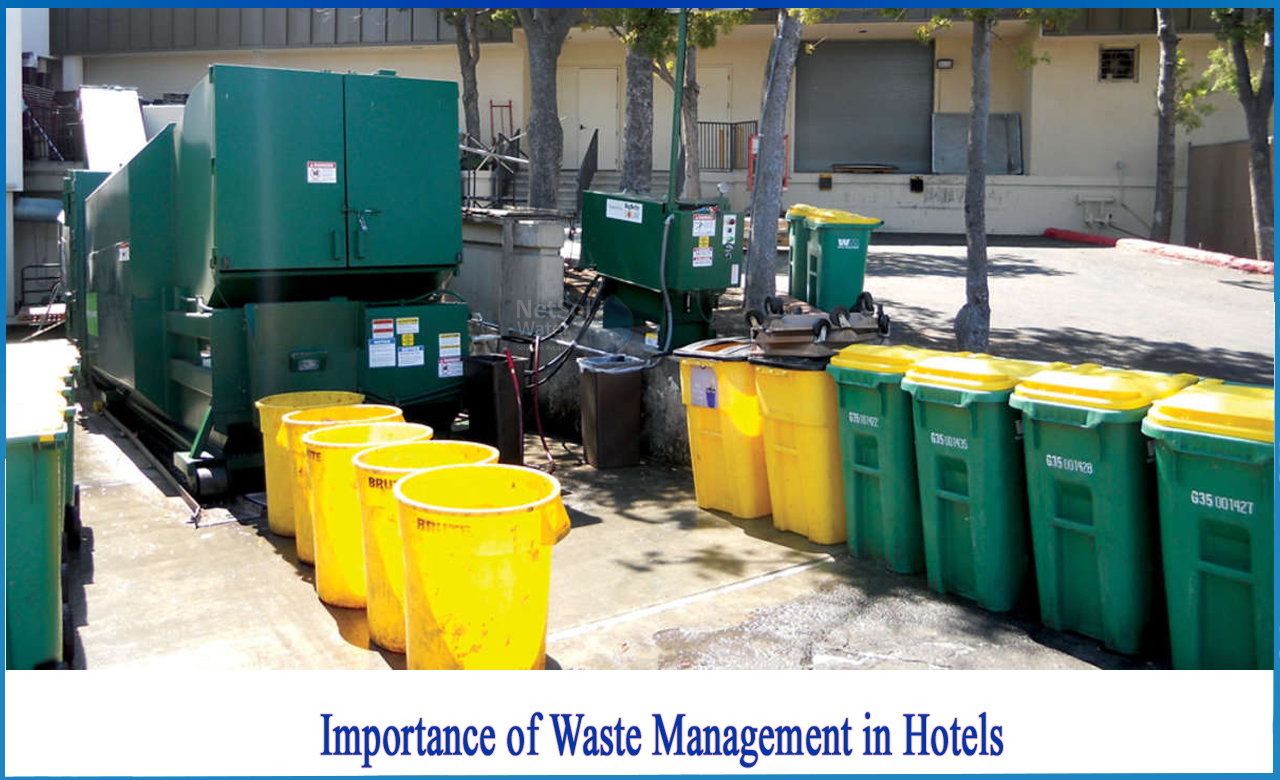Reclaim Waste Things To Know Before You Get This
Reclaim Waste Things To Know Before You Get This
Blog Article
The Greatest Guide To Reclaim Waste
Table of ContentsThe 3-Minute Rule for Reclaim WasteThe smart Trick of Reclaim Waste That Nobody is Talking AboutThe Definitive Guide to Reclaim WasteThe Basic Principles Of Reclaim Waste Rumored Buzz on Reclaim Waste
Explore the kinds, incidents, and forms of liquid waste. Domestic sewer waste refers to the waste and items from a household septic system. This type of waste is produced by people in homes, institutions, and other buildings. This only includes sewage-disposal tanks that have a drain field. The proper management and disposal of domestic sewage waste need liquid waste to be transferred to a sewer treatment plant where the appropriate methods and tools are related to cleanse and dispose of waste.
Business waste usually includes prospective threats, such as combustible materials or a mix of liquid and strong waste products, and calls for a more innovative and in-depth disposal procedure. The disposal of business waste generally entails the filtering of waste prior to transportation to ensure secure and appropriate disposal. Industrial waste is developed from byproducts and drainage of industrial processes and manufacturing.
This type of waste can not use the very same sewage administration transport or processes as septic or commercial liquids. The hazardous waste management process calls for the assessment and testing of fluid waste before it undergoes the disposal process (liquid waste removal melbourne). Overflow waste is the liquid waste that originates from drainage and excess stormwater in highly booming areas or cities
Drainage waste can create contamination and flooding if not managed properly. Making sure appropriate waste management can prevent disasters and minimize environmental harm.
Reclaim Waste Things To Know Before You Get This
Contact PROS Services today to learn about our waste management and disposal services and the correct methods to look after the liquid waste you create.
(https://reclaim-waste-48112599.hubspotpagebuilder.com/reclaim-waste/expert-liquid-waste-removal-and-disposal-services-your-complete-guide)This supposed 'wastewater' is not only an essential source yet, after therapy, will certainly be launched to our land, rivers or the sea. Utilized water from toilets, showers, baths, kitchen sinks, washings and industrial procedures is known as wastewater.

water used to cool down equipment or tidy plant and equipment). Stormwater, a kind of wastewater, is drainage that streams from agricultural and metropolitan locations such as roofing systems, parks, yards, roads, paths and gutters into stormwater drains, after rainfall. Stormwater moves without treatment straight to regional creeks or rivers, ultimately reaching the ocean.
The Only Guide to Reclaim Waste
In Queensland, most wastewater is treated at sewage treatment plants. Wastewater is carried from residential or commercial sites through a system Visit Your URL of sewage systems and pump stations, known as sewage reticulation, to a sewer treatment plant.
The Department of Natural Resources encourages city governments about managing, operating and keeping sewerage systems and treatment plants. In unsewered areas, city governments might call for owners to install specific or house sewage treatment systems to treat domestic wastewater from bathrooms, kitchen areas, restrooms and laundries. The Division of Natural Resources authorises the use of family systems when they are confirmed to be reliable.
In some brand-new class, therapy of some stormwater to remove trash, sand and crushed rock has started using gross contaminant traps. Wastewater treatment takes place in 4 phases: Removes solid matter.
Wastewater after that streams into large containers where solids resolve and are removed as sludge. Oil and scum are skimmed from the surface area. Makes use of little living organisms referred to as micro-organisms to break down and remove continuing to be liquified wastes and fine bits. Micro-organisms and wastes are integrated in the sludge. Gets rid of nitrogen and phosphorus nutrients that might create algal blossoms in our waterways and endanger aquatic life.
Some Known Details About Reclaim Waste
Nutrient elimination is not readily available at all sewage therapy plants due to the fact that it calls for costly specialized equipment. Clear liquid effluent created after treatment may still contain disease-causing micro-organisms - liquid waste removal melbourne.

This normally implies wastewater has to be dealt with or contaminants eliminated prior to it can be released to rivers. A lot of wastewater moves into the sewage system. Under the Act, city governments administer authorizations and permits for eco appropriate activities (Periods) entailing wastewater launches that could have a neighborhood effect. The department provides approvals and licences to Ages involving wastewater releases that may have a regional or statewide influence.
Some Known Factual Statements About Reclaim Waste
Or else, samples are considered research laboratory analysis. Usually many examinations are needed to establish the degrees of each of the different toxins such as oils, heavy steels and pesticides in water. Surveillance offers accurate details concerning water top quality and can confirm that licence conditions are being met. The details acquired via tracking offers the basis for making water top quality choices.
Report this page